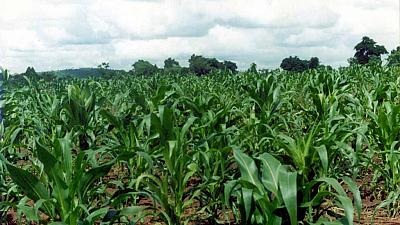A new Scorecard tracking the Malabo Declaration reveals that the East African countries including Uganda are leading in implementing Africa’s agricultural transformation policies that are meant to pull masses out of poverty and ensure improved livelihood by 2025.
The Malabo Declaration is a lay down of agricultural goals that Heads of State attending the African Union Summit in Malabo, Equatorial Guinea in June 2014 adopted, to be attained by 2025. The Africa Agricultural Transformation Scorecard tracks progress in commitments made by governments.
East Africa managed an average score of 4.20, which indicates it is on track to meeting its commitments when assessed against the 3.94 benchmark for 2017, with five out of the eight regional countries that submitted their progress to the AU, managing the minimum 3.92 score.
Rwanda was ranked the best agriculturally transformed country in Africa with a score of 6.1, thanks to political and institutional reforms. Burundi scored 4.7, Ethiopia 5.3, Kenya 4.8 and Uganda 4.5, to cement the region’s 4.2 score.
The Southern Africa region which scored 4.02, and Northern, Central and Western Africa which scored 3.83, 3.62 and 2.35 respectively.
As part of the recent commitments, the AU Heads of State and Government in the Malabo Declaration committed to ending hunger by 2025 and to achieve this they further resolved to halve the current levels of post-harvest losses by the year 2025.
The leaders also committed to improve nutritional status, and in particular, the elimination of child under-nutrition in Africa with a view to bringing down stunting to 10% and underweight to 5% by 2025.
The leaders also committed to give 10 percent of national budget to agriculture and support financing of investments in agriculture, among others.








